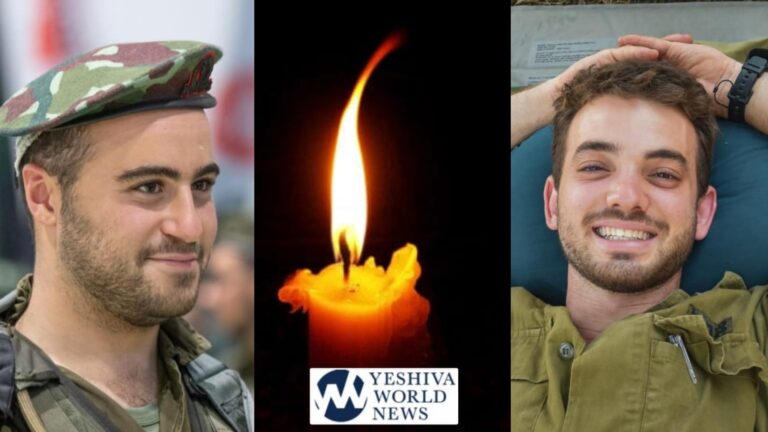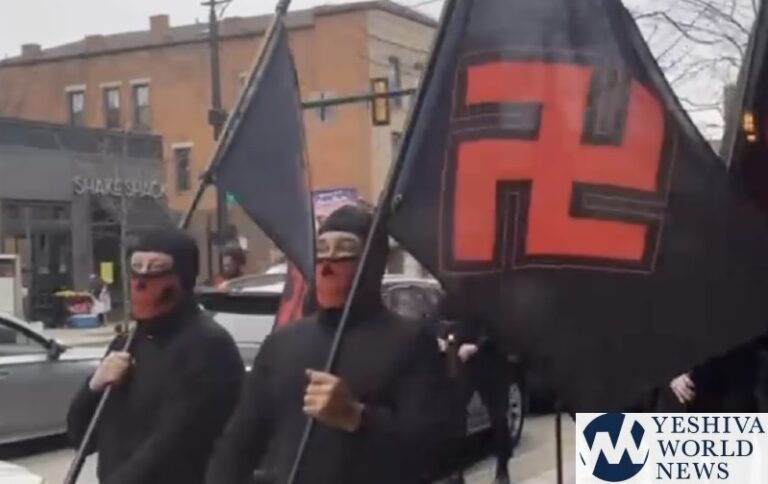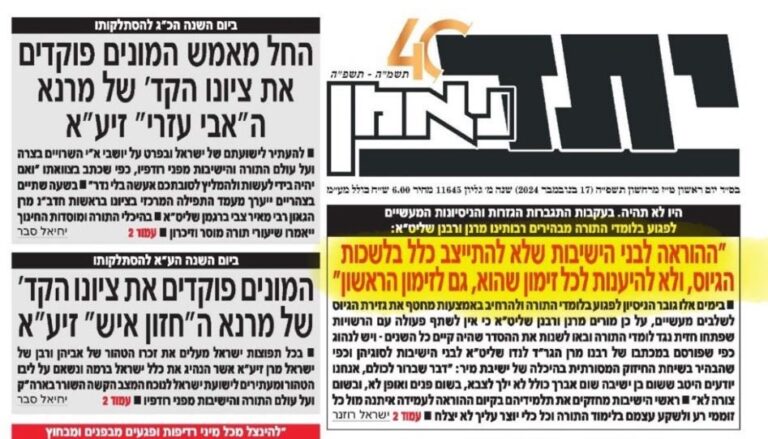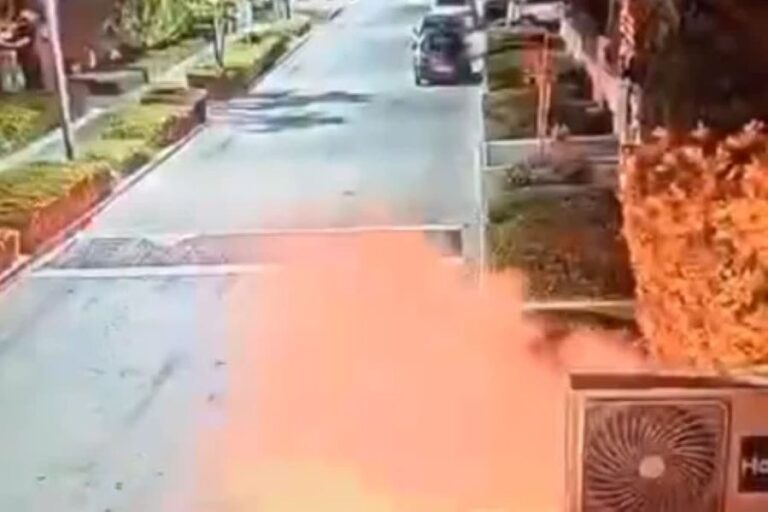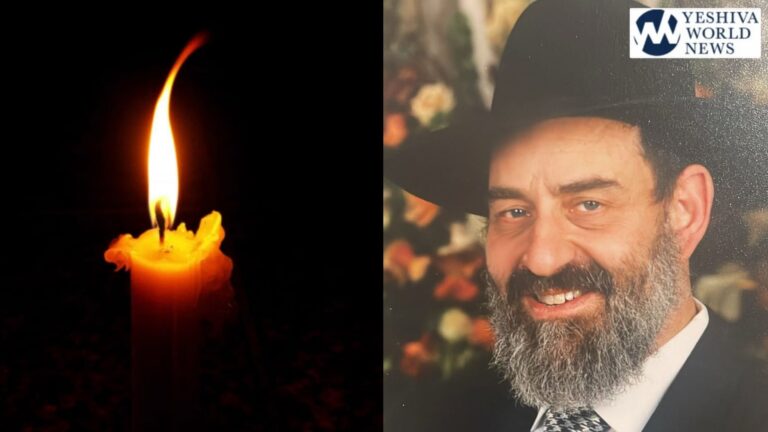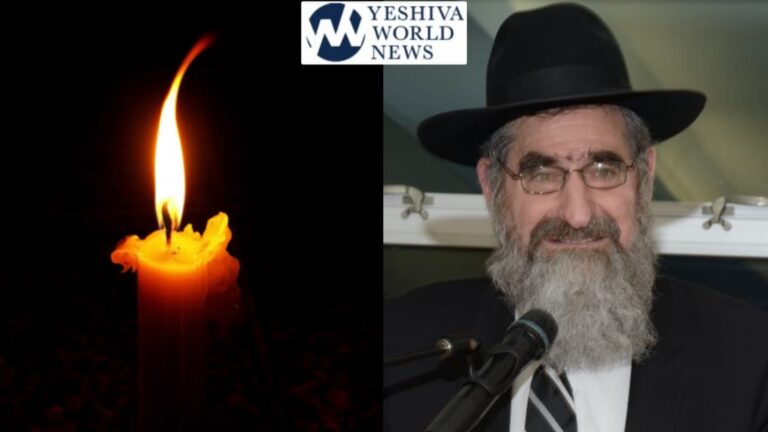 For days, the charred school bus sat in front of a Jewish girls’ school in Brooklyn, its ruined hulk posing a troubling question: Has the quarter-century of peace between blacks and Jews in Crown Heights begun to fray?
For days, the charred school bus sat in front of a Jewish girls’ school in Brooklyn, its ruined hulk posing a troubling question: Has the quarter-century of peace between blacks and Jews in Crown Heights begun to fray?
Twenty five years ago this August, the neighborhood’s black residents exploded into days of rioting after a 7-year-old boy, the son of Guyanese immigrants, was accidentally struck and killed by a car in the motorcade of the leader of the Lubavitcher sect. A rabbinical student was stabbed and died. Many people were beaten. Vehicles were flipped and burned.
Those tensions were supposed to have melted away a long time ago, but last Sunday afternoon a group of boys, all black, went aboard an unlocked bus parked in front of the Bnos Chomesh Academy, set fire to the seats and ran. Flames consumed the bus in minutes.
Five children, including 11-year-olds, a 12-year-old and two 14-year-olds, have been arrested and accused of arson and criminal mischief.
The episode prompted at least one leader in Brooklyn’s Orthodox Jewish community to formally complain to police about what he saw as a trend in anti-Semitic incidents. He says another bus was attacked and a student was beaten by a group of black teens in the days before the bus burning.
“These are not isolated events,” Barry Sugar of the Jewish Leadership Council wrote. “Attacks of this nature can either be decisively curtailed by law enforcement or defiantly intensified by delinquents.”
Many others, though, said there was no reason to believe that the bad old days were back. Community leaders say that some tensions linger, but that newer stresses have taken over, including skyrocketing rents and gentrification.
“With an 11-year-old kid, I’m not sure. Maybe it was just mischief,” said Shea Hecht, a leading Lubavitch rabbi who had been among the community leaders working to quell the 1991 riot. “Some stupid 11-year-old kid did something. I hope we don’t all get bent out of shape and start thinking we have to go back and start fighting.”
Richard Green, a black community activist who has worked with neighborhood kids for more than three decades, said he thought the burning of the bus was “more about idle hands than hate.”
This week, Crown Heights bustled with residents going about their business — blacks, Jews and others walking side by side on streets.
The area is still mostly black, according to city figures. But once largely poor, it has grown steadily wealthier in recent years during Brooklyn’s economic boom. As some commercial strips have transformed into hipster districts with artisanal coffee and burger joints, rents have tripled.
Police officers patrolled around the Lubavitch headquarters on Eastern Parkway, but that is a routine sight in post 9/11 New York.
Just feet from the Lubavitch headquarters, a sleek, 24-hour espresso bar offered kosher food.
Daniel Berry, 29, a Jewish computer technology student who moved to Crown Heights from Los Angeles three months ago with his wife and toddler son, said he thought the bus attack was an isolated incident.
“I definitely think it’s a racist and anti-Semitic act, but it can be an isolated act,” he said. “Honestly, I don’t necessarily have close relationships with people in the black community. But the encounters I have, whether it’s at the market, or walking to the laundromat, it’s typically very polite and cordial and normal.”
Zorina Frederick, a native of Granada who has lived in Crown Heights since before the 1991 riots, said the neighborhood vibe has changed dramatically since then.
“We will still have pockets of people who feel different about another group of people,” she said. But she summed up the sentiments of many in Crown Heights by suggesting that a reckless act by one group of kids was no sign of more trouble to come.
“Kids do foolish things,” she said.
(AP)


